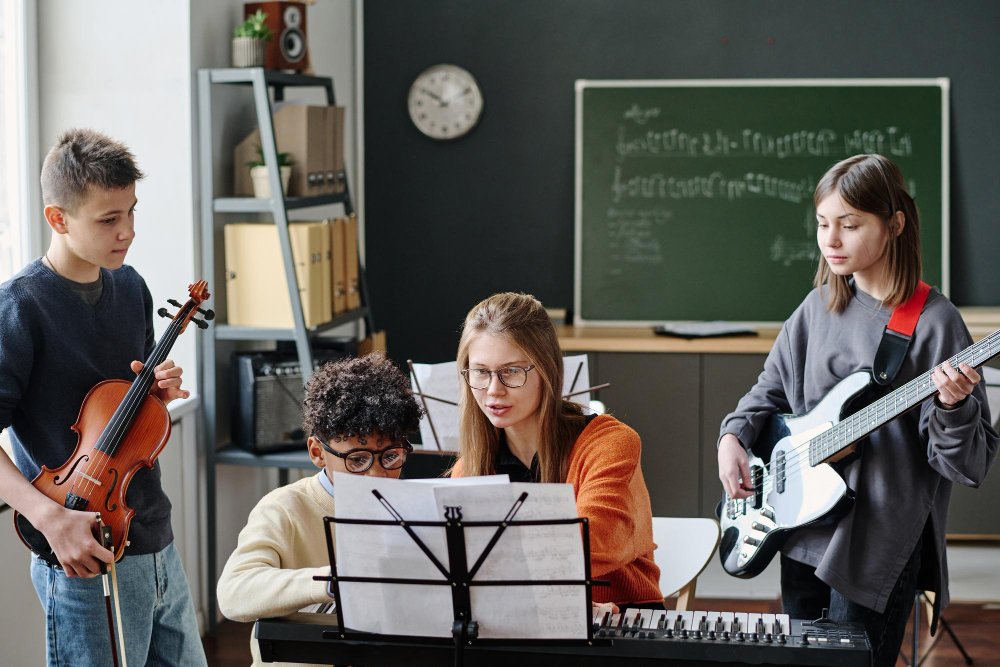As a teacher, it’s easy to fall into the habit of always instructing, correcting, and giving students the solutions to their mistakes. This traditional approach can produce technically skillful students, but it often creates monotony, robotic playing, and leaves little room for creativity. It also makes students overly dependent on their teacher to evaluate their progress.
I was trained this way, and it made me want to quit piano. Although I studied under a renowned pianist, I often felt intimidated and afraid of making mistakes that could upset her or damage her reputation. That’s not the kind of experience I wanted to recreate in my own teaching.
For me, music is about play, confidence, discipline, and joy. Without joy, students—especially children—lose interest. My philosophy is to teach the fundamentals of music lessons such as theory, note reading, improvisation, and artistry, but then allow students the freedom to choose how they want to create music with those tools. I feel most rewarded when I see my piano students playing songs outside of their homework or when my voice students use chords to accompany themselves.
Learning music should not be limited to assignments during private singing classes. It should be woven into everyday life, where creativity and exploration are encouraged.
Here are a few simple tips that can help empower students:
Ask questions and let them find the answers.
Give them choices about what they want to work on.
Compliment progress rather than focusing only on critique.
These approaches can be used by both teachers and parents. If you’d like to learn more about my teaching philosophy and methods, explore my group singing classes or read about my complete online singing course.

